Who is required to keep employee records? What type of records are employers required to keep? When do you need to get records and when do you shred record? Where should these records be kept? Why keep records at all?
The Wage & Hour Division of the Department of Labor has a lengthy, yet very informative Fact Sheet on this very subject. Basic personnel records must be kept on all employees for every company. There isn’t a specific form that needs to be used, any basic form that your company creates will suffice, IF it contains the following (all info from DOL Fact Sheet):
- Employee’s full name and social security number.
- Address, including zip code.
- Birth date, if younger than 19.
- Sex and occupation.
- Time and day of week when employee’s workweek begins.
- Hours worked each day.
- Total hours worked each workweek.
- Basis on which employee’s wages are paid (e.g., “$9 per hour”, “$440 a week”, “piecework”)
- Regular hourly pay rate.
- Total daily or weekly straight-time earnings.
- Total overtime earnings for the workweek.
- All additions to or deductions from the employee’s wages.
- Total wages paid each pay period.
- Date of payment and the pay period covered by the payment.
In addition to what is required on these forms, there are strict dates to which these forms and other hiring paperwork (I-9, W-4, etc.) need to be kept until. There are many different state and federal timelines when it comes to specific documents. Even for employees that were interviewed and background checked – there are laws that protect their paperwork. These types of documents include:
- Pre employment records: resumes, applications, interview notes, background checks, drug tests, etc.
- Employee records: I-9 forms, W4 forms, compensation and timekeeping records, FMLA and leave records, benefit records, performance/disciplinary action records, worker’s comp records, etc.
- Compliance records: state new hire reports, EEO-1, OSHA 300/300A, federal/state tax reports, etc.
Each of these separate records have dates and timelines for destruction of confidential employee and employer information. There are also guidelines where these records are kept and who has access to them. Obviously not everyone has access to compliance records or wage records. You can store them online or in paper, but making sure that the right people have the right access.
More importantly, with PHI (personal health information), if you obtain and maintain medical health questionnaires, you need to make sure your company has been trained and follow HIPAA guidelines for notification and use of PHI.
We are happy to discuss with your company, a way to help you keep and maintain your company’s confidential records. Contact us for a checklist that has a timeline with dates and instructions. We look forward to a conversation that might help you with compliance and record retention.






